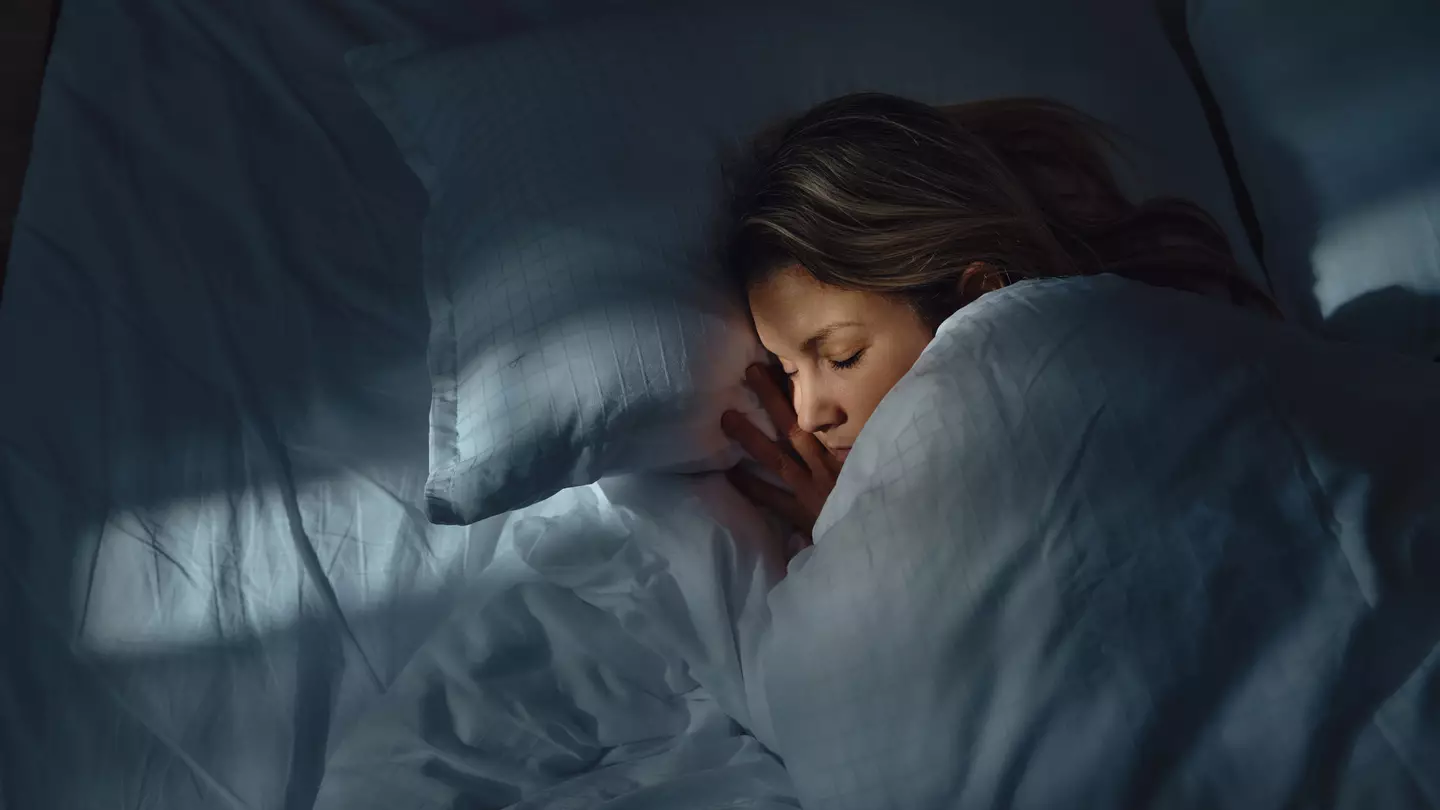
It's nice to get a bit of peace and quiet, but when it comes to sleep, is there such a thing as too quiet?
Some people will say no, with any hint of a floorboard creak or the muffled beat of music through a wall enough to prevent them from drifting off.
Others, however, will be entirely unable to sleep unless there's some kind of background noise for them to focus on, whether it be whale sounds, the fall of rain or The Office on repeat.
Many people have spoken out about their inability to sleep without background noise, with one Twitter user going as far as to describe people who sleep in silence as 'weird and creepy and nasty'.
Advert
Pretty harsh, but everyone's entitled to their opinion I suppose.

Another post reads: "People who are able to sleep in silence make me uncomfortable."
So it's clear that many of us have a need for background noise, but did you know there's actually a psychological reason behind it?
Speaking to HuffPost back in 2022, Jenna Carl, a clinical psychologist, explained that background noise can be 'used in an attempt to distract from or avoid unpleasant emotions and thoughts'.
One such thought could be linked to abandonment issues, as one TikToker revealed: "My therapist told me: "Not being able to fall asleep without background noise is extremely common with many mental health issues. It's a trauma response to abandonment issues. The noise tricks your brain into thinking you aren’t falling asleep alone."
Juulia Karlstedt, a counselor who specializes in anxiety and perfectionism, expanded on the use of background noise as she explained: “Effectively, we fill our attentional capacity to the max with other stimuli in an attempt to have no resources left for the things we are trying to avoid."

But while background noise might help alleviate anxious thoughts enough to help us sleep, Karlstedt noted that 'the minute the distraction stops, the unpleasant emotions and thoughts normally spring up again in full force'.
The experts offered up a few suggestions for how to cope with anxious thoughts, including a tactic known as 'worry exposure'
Carl explained: "If a lot of your thoughts are worries, allow yourself to imagine the worst-case scenario. Through repetition with this technique, you can find that your anxiety decreases."
Another suggestion is mindfulness, with Carl explaining: "It enables you to observe your thoughts without changing or reacting to them while focusing on your breath. If a negative or unhelpful thought enters your mind, label it in a non-judgmental way and return to your breath. This can help you feel less reactive to your negative thoughts, and be able to tolerate rather than avoid them.”
If you have been affected by the contents of this article, help is available through Mental Health America. Call or text 988 to reach a 24-hour crisis center or you can webchat at 988lifeline.org. You can also reach the Crisis Text Line by texting MHA to 741741.
Topics: Sleep, Psychology, Mental Health